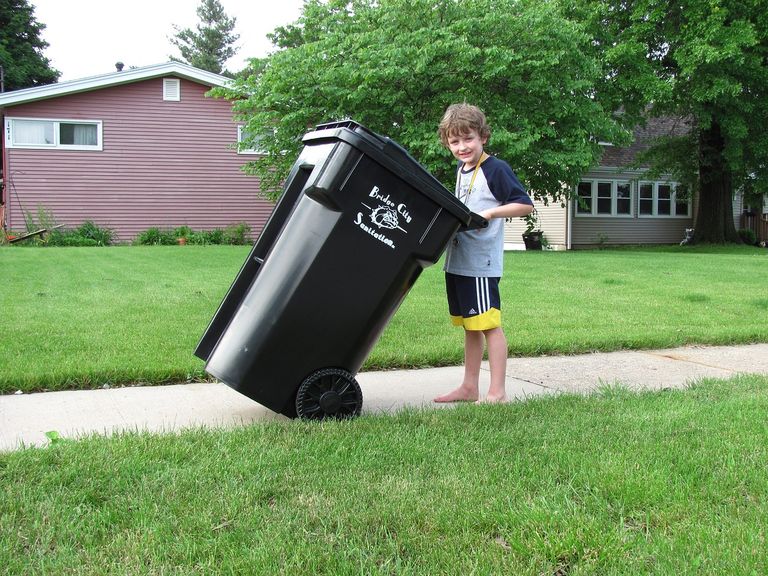Zero waste lifestyle is not just a trend anymore, but an attempt to minimize the impact human beings have on earth. The concept is a simple one: create the smallest amount of waste across all dimensions by reimagining how we consume and becoming more aware in our everyday lives. In the beginning of this journey, here are detailed tips for anyone who wants to try their hand at going waste free.

Zero Waste Is Success Defined
Be the change Zero waste living is an approach to detoxifying your life in order to reduce but more importantly eliminate as close too ” zero” waste that ends up Incinerators or Landfills. Rethinking how we consume and dispose of our today. The aim would be to reshape our lives and systems so that everything is either reusable, repairable, or compostable. This method saves the resources and prevents pollution to make this planet better.
Why Choose Zero Waste?
By not wasting, we are able to reduce pollution with our landfills and in the ocean. This aids in keeping waste products from harming wildlife and ecosystems. Zero waste living is great for your health, leading you to choose safer options and avoid toxic chemicals commonly found in single-use items. This means a more natural and also hopefully healthier lifestyle. Although some zero waste products can be expensive upfront, most are cheap in the long term as they are reusable and last a long time. By embracing zero waste practices, we are on the road to becoming minimalists cleansing our lives and decluttering into more fulfilling pursuits.
STEP 1: Evaluate your current waste
Take a good look at the garbage that you currently produce. Keep track of everything you throw out most frequently (for a week). This will help you think of what and how to change.
STEP 2: FIVE R'S OF ZERO WASTE
REFUSE: Don't accept what you don't need. This includes giveaways, disposable plastics and all sorts of unnecessary packaging.
REDUCE: live more simply, by redistributing unwanted goods, shop less, recoup our assets whereever possible.
REUSE: Purchase good quality items which can be used again. For instance, take your own water bottle or cup to the gym and store, as well as bring shopping bags.
RECYCLE: Recycle as much of what you cannot repair, refuse or reuse as is possible. Just remember to recycle accordingly based on where you live.
ROT: from food scrapes and yard waste to fertile soil supporting your garden.
STEP 3: Use Reusables
One of the easiest ways to reduce waste is by swapping out single-use items for reusable options. The possibilities are endless. Ditch the plastic for some reusable cloth or mesh bags. Reusable water bottles (Try to use a glass or stainless steel reusable bottle).
Napkins and Towels: Instead of paper towels and napkins use cloth napkins.
STEP 4: Smart Shop
Try to be more thoughtful about what you buy. Bellow you can see some tips 👀:
Buy in Bulk: Choose bulk packaging and bring your own reusable bags or containers to reduce plastic waste when shopping for items like grains, nuts and spices.
Place On Some Eco-Help: Go For Brands That Are Doing Their Bit As It Is Also About The Packaging of Those Fashion essentials.
Shop Secondhand: Visit thrift stores, consignment shops, and online marketplaces to find secondhand items.
STEP 5: Homemade and DIY Products:
You can make many products at home to reduce the amount of packaging waste you produce, plus you get control over ingredients.
Cleaning Products — DIY cleaners can be made from easy to find ingredients like vinegar, baking soda and essential oils.
Personal Care: Make your own soaps, lotions and deodorants from scratch with natural products. Cook from scratch as much as possible to reduce food packaging and support fresh, nutritious diet.
These could be some challenges. Transitioning can tough but start small and stick with it. Convenience Single items are often more convenient. Avoid this pitfall by bringing/supplying your own reusable items in advance.
Startup Costs: A few zero waste products are more expensive to get started with. Look towards the long-run savings and invest slowly.
Accessibility: Some regions do not have access to bulk stores or sustainable options. Be creative with what you have available and order items in bulk through online shopping.

Final thoughts:
Moving towards a zero waste lifestyle demands commitment and the capacity to adjust your ways. It is the pursuit of choices in a way that should help us and also helps save the planet. Impact can be small, so go easy on yourself and remember that simply the act of doing is helpful in itself. This change can be a way to do our bit in the making of healthy and sustainable world for next generation. Happy zero waste living!